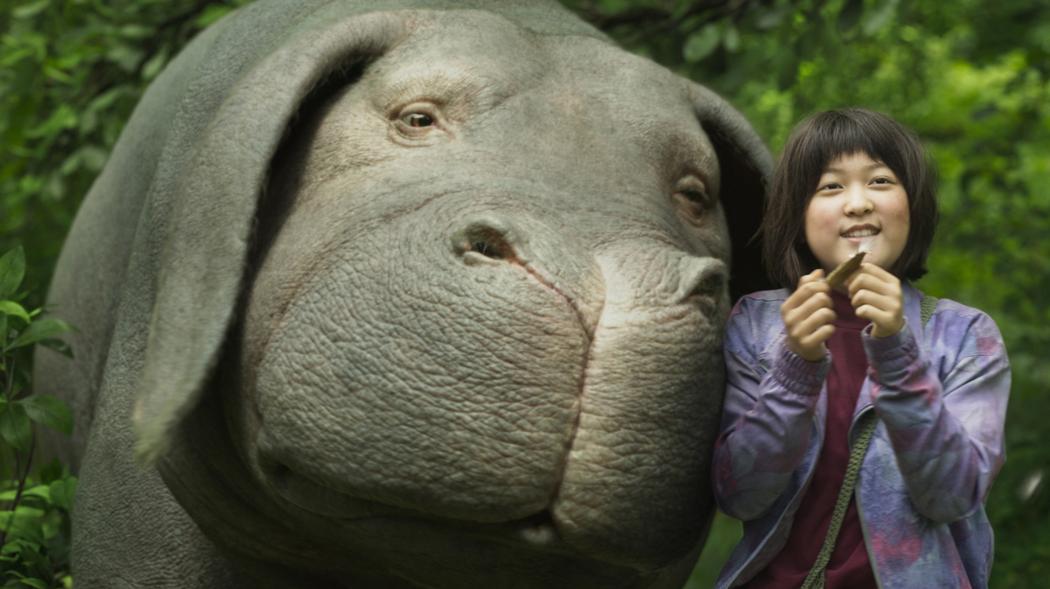Burning
by Brandon Thomas
Films like M, Vertigo and Chinatown have spent decades taking audiences on twisty narrative rides. These classic mysteries raise thrilling questions, and payoff with satisfying answers. But what if a great mystery wasn’t at all concerned with answering the questions it raised? Chang-dong Lee’s Burning is more interested in the journey than it is the destination.
Jong-Su (Ah-In Yoo) spends his days doing odd jobs and taking care of his family’s dilapidated farm on the outskirts of town. A chance encounter brings Hae-mi (Jong-seo Jeon), a childhood neighbor, back into his life. Through Hae-mi, Jong-Su also meets Ben (Steven Yeun of The Walking Dead), a wealthy, good-looking and mysterious young man. While having drinks one evening, Ben confides to Jong-Su that he occasionally enjoys burning abandoned greenhouses. Jong-Su begins to think that burning greenhouses isn’t Ben’s only secret.
Burning unravels slowly. Two and a half hours seems daunting at first glance, but the twinge of unease hanging over the film keeps you involved the entire time. There’s a sense of dread that is hard to pinpoint, but is also intoxicating.
The film comes alive through the character work. Jong-Su is an open book. He’s miserable, lonely, disappointed and bored. And we get to see it all. He tells Hae-mi and Ben that he’s a writer, but he’s never actually shown writing. He spends hours working his monotonous jobs and pretending to be invested in taking care of the family farm. Jong-Su is a phony, and Ben sees that immediately.
Hae-mi and Ben, on the other hand, are complete enigmas to Jong-Su and the audience. Hae-mi tells Jong-Su stories from their childhood that he doesn’t remember, and eventually finds out aren’t true. Ben’s wealth, job and true motivation are complete mysteries. Knowing next to nothing about these two people that he so admires frustrates Jong-Su to the point of obsession.
For nearly 20 years, South Korean cinema has cemented itself as the industry to beat, creatively. Burning is absolutely no exception. The film owes more to Memories of Murder than it does Oldboy, slowly oozing into your psyche with its methodical and unconventional approach.
It’s easy to be frustrated by Burning as the credits start to role. It offers zero easy answers, and even refuses to acknowledge Jong-Su as an unreliable narrator. By defying genre conventions and expectations, Burning provides an alternative mystery that pops with just as much excitement.
Burning burns ever so bright.

